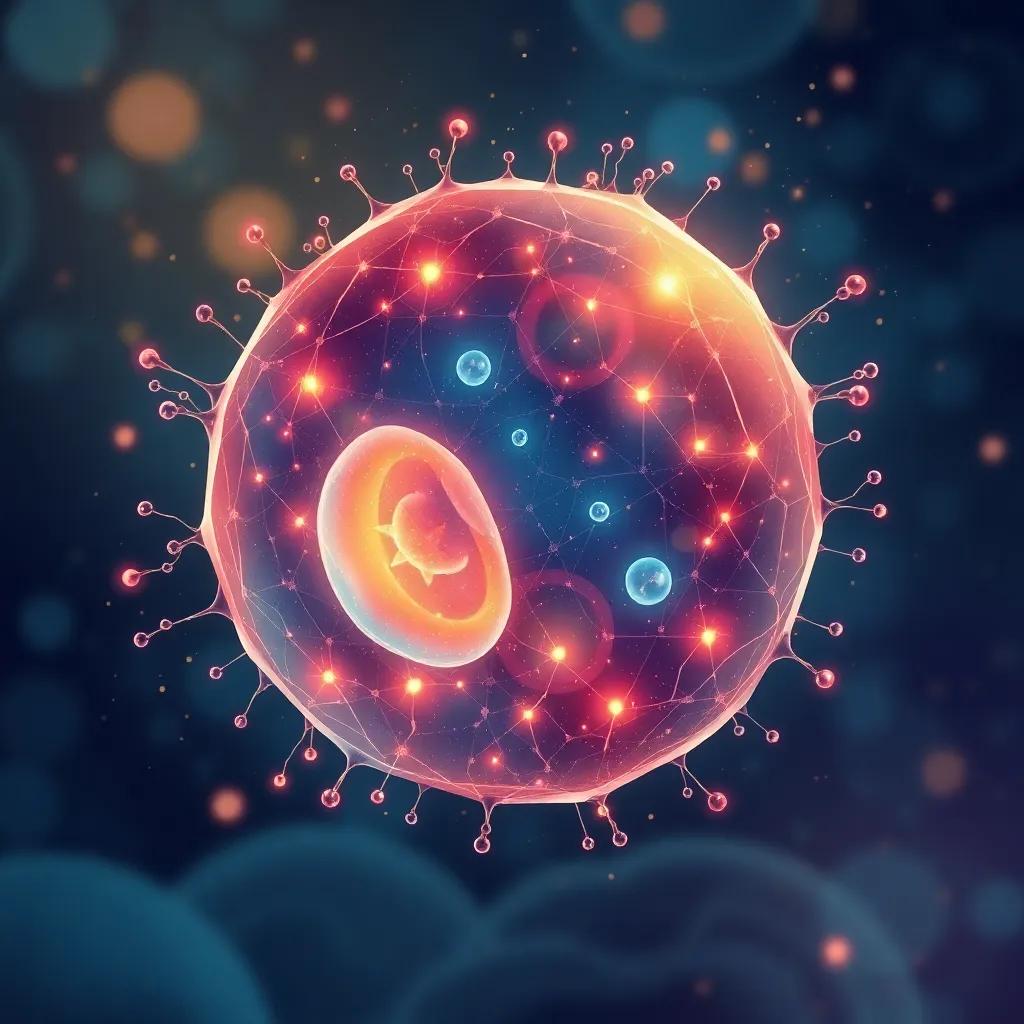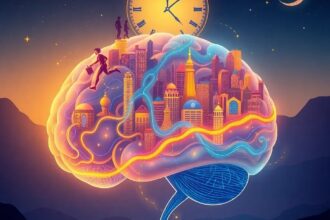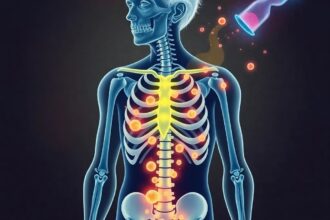Exploring the emerging field of quantum biology, this article delves into how quantum mechanics influences biological processes and its potential impact on human health and medicine.
Quantum biology is revolutionizing our understanding of life at the subatomic level, offering new insights into health and disease.
Introduction to Quantum Biology
Quantum biology is an emerging field that explores how quantum mechanics—the behavior of particles at the subatomic level—plays a role in biological processes. This interdisciplinary science seeks to understand phenomena such as quantum coherence, entanglement, and tunneling within living organisms. These quantum effects are not just theoretical; they have been observed in processes like photosynthesis, enzyme activity, and even bird migration.
According to a study published in Nature Chemistry
, quantum coherence in photosynthesis allows plants to achieve near-perfect efficiency in energy transfer. This discovery has profound implications for understanding energy production in human cells, particularly in the mitochondria, which are often referred to as the powerhouses of the cell.
Quantum Effects in Cellular Function
One of the most exciting areas of research in quantum biology is its potential impact on cellular function. Quantum tunneling, for instance, is believed to play a crucial role in enzyme activity. Enzymes are biological catalysts that speed up chemical reactions in the body, and quantum tunneling allows protons and electrons to pass through energy barriers that would be insurmountable according to classical physics.
Dr. Johnjoe McFadden, a leading researcher in the field, stated in a press release from the University of Surrey, Quantum biology could revolutionize our understanding of how life works at the molecular level. It’s not just about energy transfer; it’s about how information is processed and stored in biological systems.
Implications for Human Health
The implications of quantum biology for human health are vast. For example, quantum effects may influence DNA repair mechanisms, which are crucial for preventing mutations that can lead to cancer. A study from the Massachusetts Institute of Technology (MIT) suggests that quantum tunneling could be involved in the repair of DNA damage, offering new avenues for cancer therapy.
Moreover, quantum biology could provide insights into neurodegenerative diseases like Alzheimer’s and Parkinson’s. Researchers are exploring how quantum coherence in the brain’s neural networks might affect cognitive function and memory. This could lead to the development of quantum-based therapies that target the root causes of these debilitating conditions.
Quantum Computing and Biological Systems
Another promising area is the use of quantum computing to model complex biological systems. Traditional computers struggle with the complexity of biological processes, but quantum computers, with their ability to perform multiple calculations simultaneously, could provide unprecedented insights.
As reported in Science Daily
, a team of researchers at Harvard University is using quantum computing to simulate the behavior of proteins, which could lead to breakthroughs in drug design and personalized medicine. Quantum computing allows us to explore biological systems in ways that were previously impossible,
said Dr. Alán Aspuru-Guzik, a professor of chemistry and chemical biology at Harvard.
Conclusion
Quantum biology is still in its infancy, but its potential to transform our understanding of life and health is immense. By bridging the gap between quantum mechanics and biology, this field could lead to groundbreaking advances in medicine, from new cancer therapies to treatments for neurodegenerative diseases. As research continues, the promise of quantum biology as a new frontier in science becomes increasingly clear.




